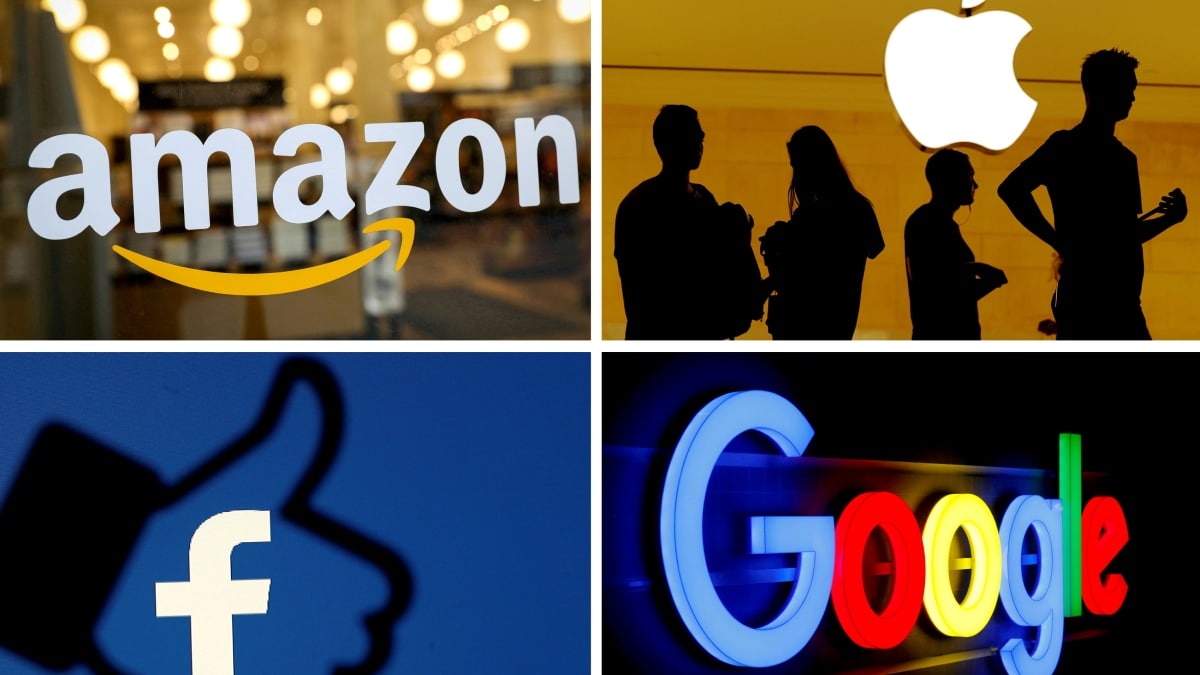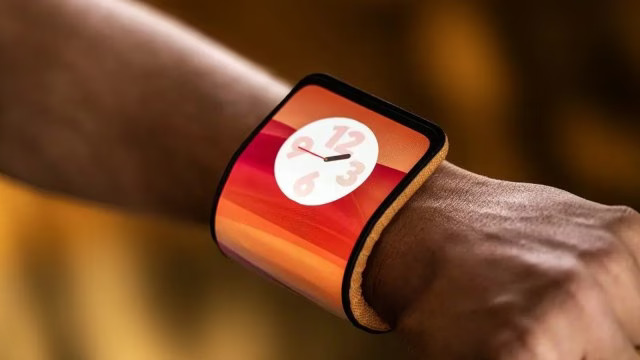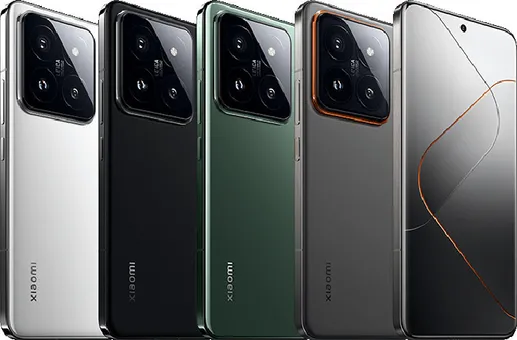When the EU designates a company as a ‘gatekeeper,’ it will be required to ensure its services can work seamlessly with competitors and allow users the choice to decide which apps to have pre-installed on their devices.

The European Union has identified 22 “gatekeeper” services operated by six major tech companies – Alphabet, Amazon, Apple, Meta, Microsoft, and TikTok’s owner, ByteDance – to be subject to new regulations in its latest crackdown on Big Tech. These regulations, known as the Digital Markets Act (DMA), are seen as a companion to the Digital Services Act (DSA), which places greater responsibility on tech firms for content shared on their platforms. The DMA aims to create a more level playing field between Big Tech and smaller competitors.
The tech giants have a six-month window to comply with the DMA, which focuses on enhancing service accessibility and compatibility in Europe, presenting a substantial challenge to their existing business models. Under the DMA, companies with over 45 million monthly active users and a market capitalization of 75 billion euros are designated as gatekeepers of core platform services. These gatekeepers must ensure their messaging apps can work with competitors and allow users to choose which apps come pre-installed on their devices.
Google, including its Android OS, Maps, and Search, faces the most stringent rules, while Meta’s Facebook, Instagram, Marketplace, and WhatsApp also fall into the gatekeeper category. Violations of DMA obligations can result in fines of up to 10% of a company’s annual global turnover.
Gatekeepers can request an interim measure to suspend rule application, but they must pursue legal action in the EU Court of Justice in Luxembourg to do so. As of now, no such cases have emerged.
EU industry chief Thierry Breton welcomed the DMA, while Microsoft accepted its gatekeeper status. Meta, Google, and Amazon spokespersons stated they were reviewing the designations. In contrast, TikTok disagreed with the decision and expressed disappointment about the lack of a prior market investigation. Apple raised concerns about user privacy and data security risks posed by the DMA.
Certain services, such as Alphabet’s Gmail, Microsoft’s Outlook, and Samsung’s browser, were exempted from gatekeeper status after providing justifications. The Commission initiated four market investigations to further evaluate Microsoft’s and Apple’s claims that some of their core platforms, such as Bing, Edge, Microsoft Advertising, and Apple’s iMessage, do not meet the gatekeeper criteria. Apple, in particular, asserted that iMessage is designed for personal consumer communication and falls outside the DMA’s scope.



